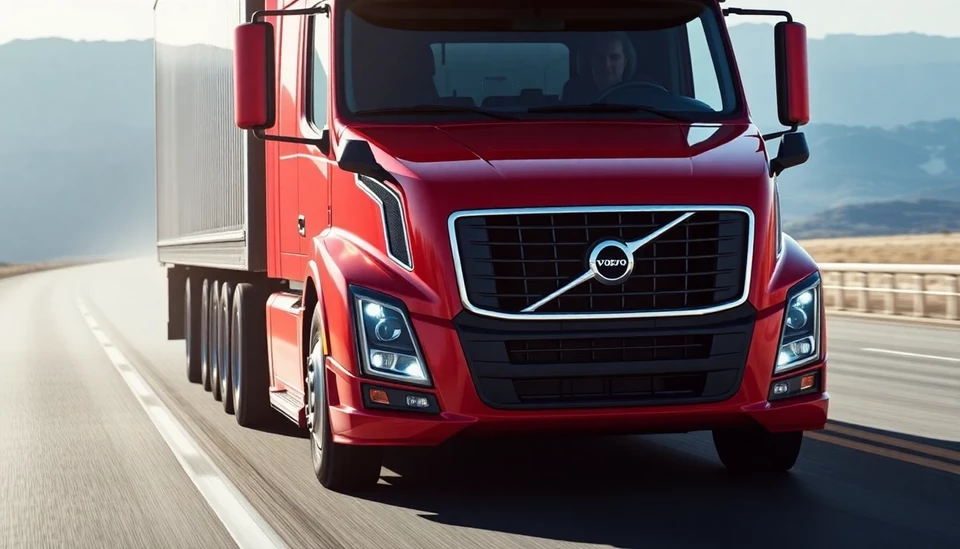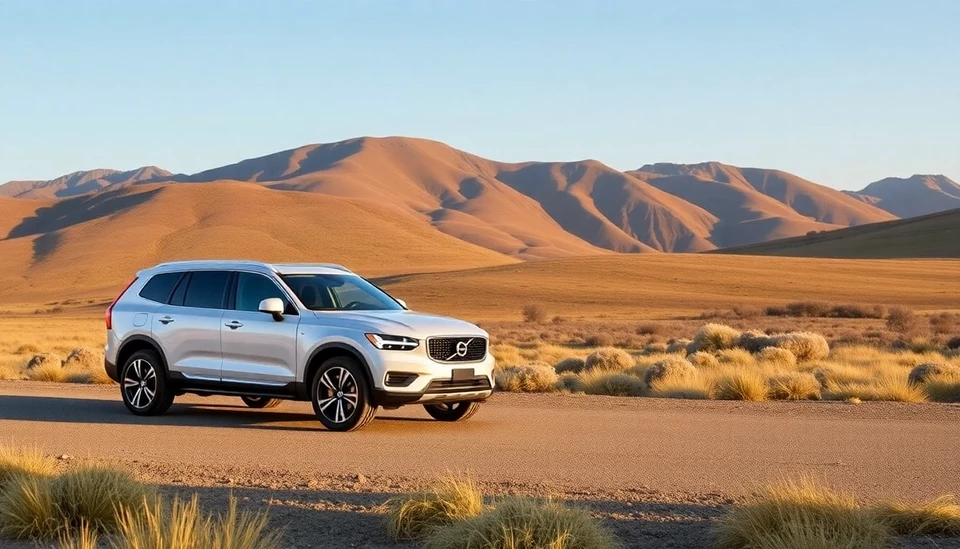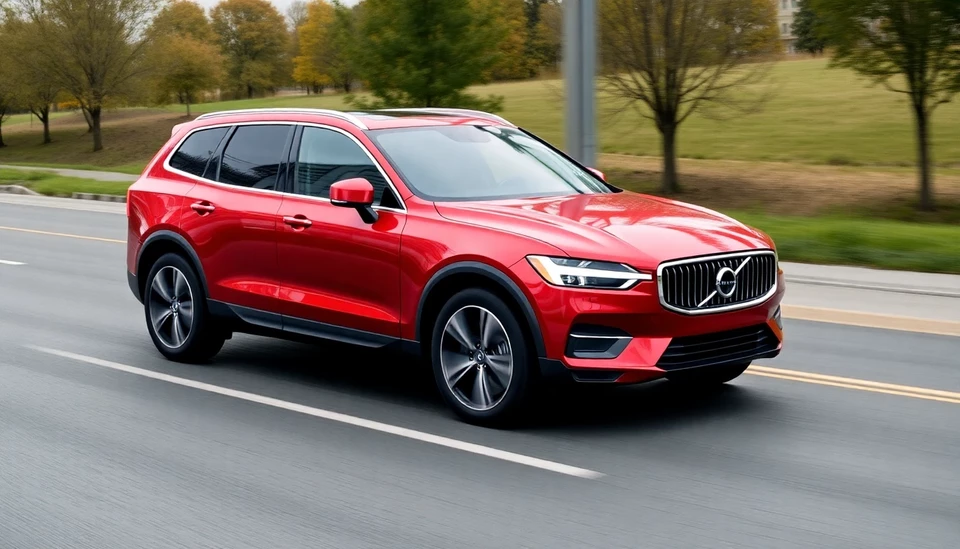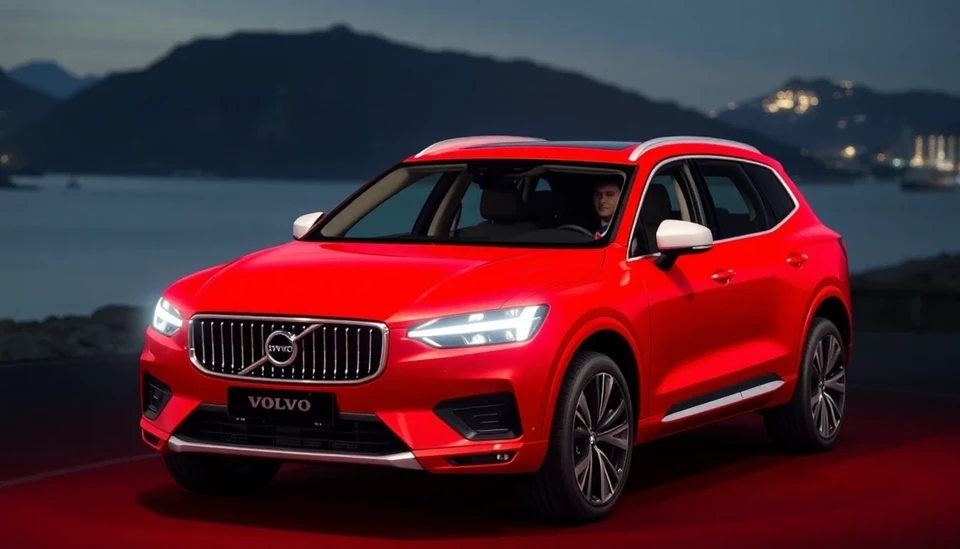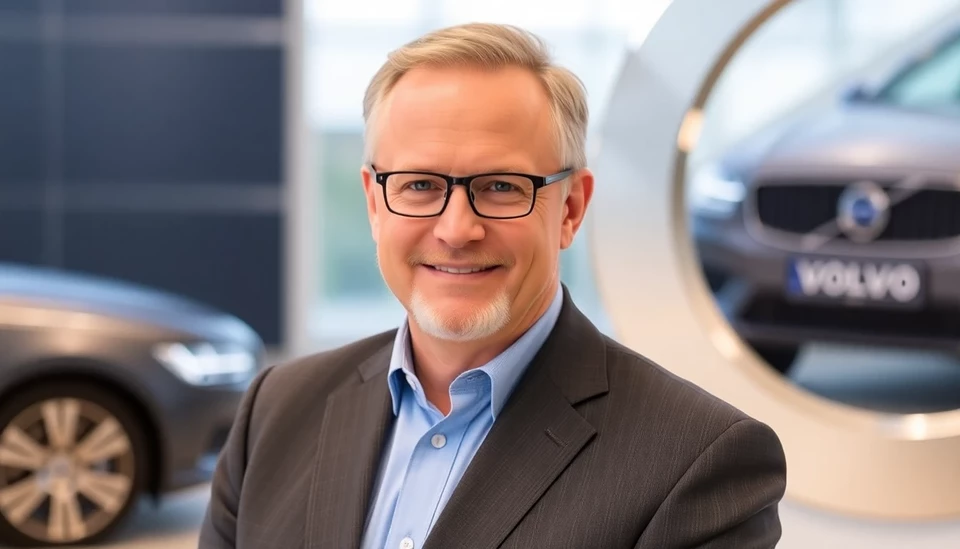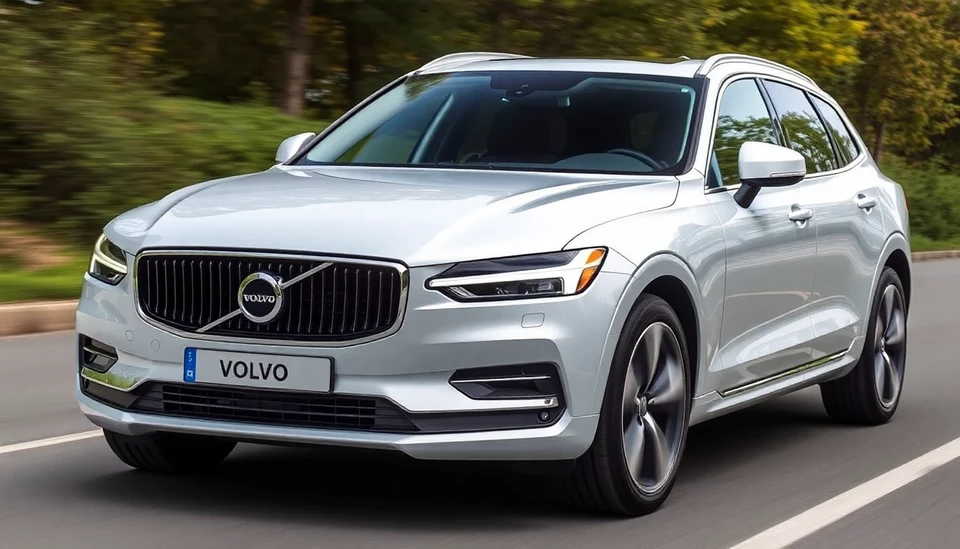
With one bold stroke, Volvo Cars marshaled 49 other influential companies in an urgent plea to the European Union to continue its commitment to a rigorous ban on new combustion engine vehicles by 2035. This strong, well-coordinated effort underlines how determined these companies are to accelerate the change to more sustainable mobility solutions.
The different heads of the consortium penned a no-holds-barred letter to the EU lawmakers. Indeed, such was the letter that immense pressure was built on the legislative body for adhering to their pre-set timeline amidst the debates and oppositions in the line. Some of the notable signatories include Valeo SE, the automotive parts supplier; electric vehicle charging network Ionity; a number of groups specialized in environmental sustainability.
Delaying or diluting" the combustion engine ban, according to this joint statement, "would severely undermine the EU's climate goals and damage the continent's competitive advantage in the global automotive sector". In this vein, "sticking to the agreed timeline is crucial for clarity and confidence," as underlined in the letter, businesses and investors need a solid regulatory framework to project long-term strategies.
Executives of these firms say the 2035 ban acts as a crucial driver for innovation and investment, forcing the industry toward an electric vehicle-dominant future, among other cleaner options. They said the transition was not just one of policy but also an important front in the global struggle against climate change.
Further, by announcing that it will be a fully electric car company by 2030, Volvo Cars made a more vocal argument for sustainability. In this respect, it perfectly aligns with the ambitious EU policy aimed at cutting emissions of greenhouse gases and further developing renewable energy solutions.
This is not just a business interest, but this plea by the coalition is based on a wider purpose: caring for the environment. They perceive the upholding of this ban as the fulcrum in ensuring air pollution reduction, improvement in public health, and a robust, sustainable economic future for Europe.
While there are indeed formidable challenges for the automotive sector in moving away from internal combustion engines, proponents emphasize tremendous opportunities for technological development and, consequently, jobs in the EV sector. They point to rapid development in battery technology, charging infrastructure, and integration of renewable energy as clear indicators that the market is ready for the change.
Those opposing the ban to combustion engines have pointed to traditional manufacturing job losses and broader economic impacts as part of this dramatic shift. Still, according to the coalition, the long-term gains overwrite the short-term disruptions, calling on the EU to take concrete action while remaining in the lead with respect to climate change.
Altogether, these 50 firms unite in demonstrating the will for a sustainable future. Combined, their voices reverberate in an urgent appeal for strong policy measures necessary to further accelerate this momentum toward cleaner and greener transportation solutions around the world.
With Europe reaching this critical juncture of environmental policymaking, the whole world is bound to watch with interest to see its way forward as the leaders thread their way forward. The decision to either go ahead and implement or review this combustion engine ban will doubtless provide a large contour for the ecological and economic topography of the continent for decades.
What Volvo and its partners are saying here is this: The future of mobility is hinged on continuous and unremitting commitment to sustainability.
#Volvo #CombustionEngineBan #EU #Sustainability #ElectricVehicles #ClimateChange #GreenTransport #EnvironmentalPolicy #Innovation #AutomotiveIndustry #FutureOfMobility #EU2035Ban
Author: John Harris
